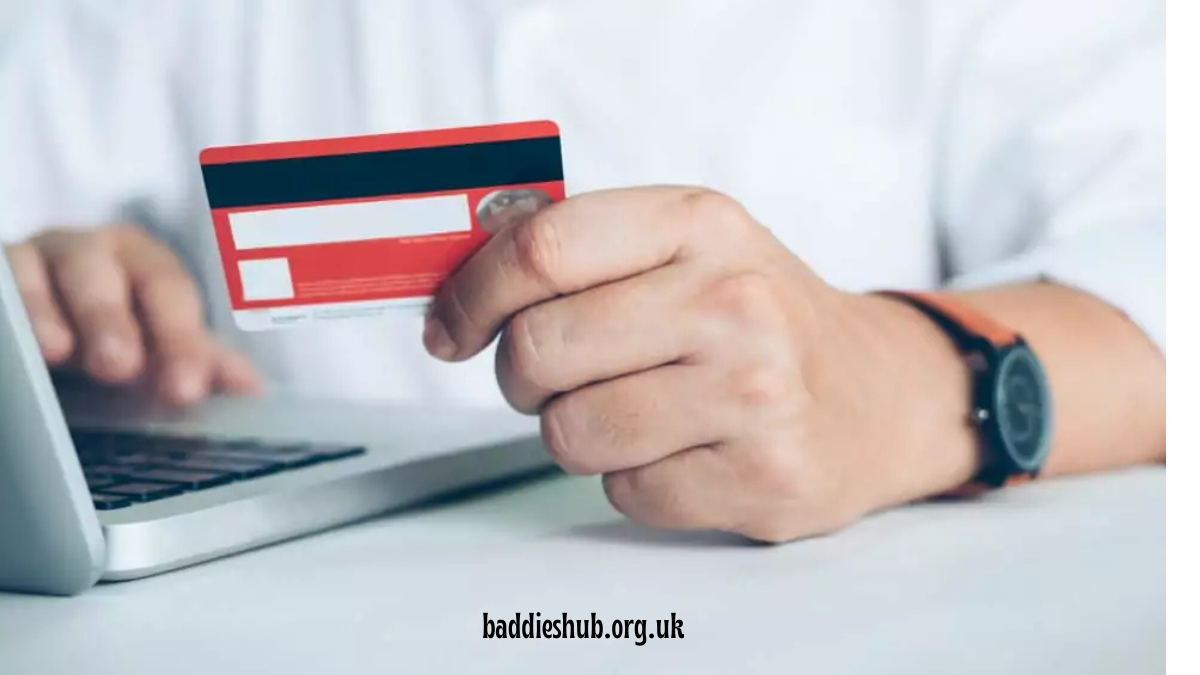Introduction: When the Whistle Blows for the Wrong Reasons
The pursuit of victory is an ordinary passion. In the worlds of sports, esports, academic competitions, and different team-based events, groups spend months, now and again a year, preparing for some defining moments. But what takes place while everything falls apart, no longer because the group wasn’t desirable enough, but because they were disqualified?
“Team Disqualified” is more than a phrase—it’s a headline that brings unhappiness, debate, and on occasion shame. It modifications how humans view a team, an event, and even a whole game. But what results in disqualification, and what can we study from such instances?
This article explores the anatomy of crew disqualification: its reasons, results, and the important training it holds.
Understanding Team Disqualification
What Does It Mean?
A crew is disqualified while it’s formally eliminated from an opposition due to a contravention of the policies. This motion is more severe than a loss; it often comes with deeper ramifications, along with public backlash, prison issues, or long-term bans.
Is It Always About Cheating?
Surprisingly, no. While dishonesty is a major cause, many groups are disqualified for administrative mistakes, eligibility troubles, or breaches of conduct. In truth, many disqualifications result from oversight instead of reason.
Common Reasons Teams Get Disqualified
1. Use of Ineligible Players
This is one of the maximum common reasons. Whether it’s a university basketball group fielding a player who failed to meet instructional standards or a nearby esports group, the use of an alternative who isn’t registered, eligibility issues can derail a season in an instant.
2. Doping and Substance Abuse
Teams or athletes using performance-enhancing pills are disqualified if caught. Even if only one member is guilty, the whole group can suffer, particularly in relay sports or team competitions.
3. Rule Manipulation and Exploits
In esports, a few groups are disqualified for exploiting recreation bugs or “unwritten guidelines” throughout play. In traditional sports, this could translate to tampering with the device or bribing officers.
4. Match-Fixing and Collusion
Nothing undermines an opposition like the discovery of fit-solving. Teams that deliberately lose or collude to adjust the match effects are frequently banned outright.
5. Behavioral Violations
Aggression, racism, sexist remarks, or public misconduct via group members—on or off the sphere—can result in a team being disqualified. Many organizations now have strict codes of conduct extending beyond gameplay.
Notable Disqualifications in History
The 2000 Paralympic Scandal – Spain’s Basketball Team
In a shocking case, the Spanish Paralympic basketball team received gold at the 2000 Sydney Paralympics—only to be disqualified late, whilst it changed into determined that 10 of their 12 players had no intellectual disability. This scandal rocked the Paralympic movement and caused full-scale reforms.
Fnatic at DreamHack Summer 2014 – Esports Fairness Under Fire
In the sector of aggressive Counter-Strike: Global Offensive (CS: GO), the group Fnatic was disqualified from a major event due to using a recognized map glitch that gave them an unfair advantage. Despite being one of the most powerful groups inside the scene, their popularity took a full-size hit.
Cameroon at the 2004 Olympics – Age Fraud Allegations
The Cameroonian ladies’ soccer team confronted scrutiny and eventual disqualification in junior tournaments because of evidence of players being older than authorized. Age fraud, especially in youth competitions, continues to be a sizable difficulty globally.
The Ripple Effect of Disqualification
1. Impact on Team Members
For the individuals involved, disqualification is often career-altering. Players can lose sponsorships, suffer mental health challenges, and see their reputations tarnished permanently.
2. Organizational Damage
Clubs, schools, or national federations related to a disqualified group can face consequences, such as economic sanctions and loss of licensing. Sponsors may also distance themselves.
3. Trust Erosion Among Fans
Fans who experience betrayal may turn away from the game or refrain from assisting their favorite teams. Disqualifications can severely damage fan loyalty and community trust.
4. Legal and Ethical Ramifications
In severe cases, disqualifications can result in proceedings, government investigations, or crook charges, particularly when fraud or corruption is involved.
Why Do Teams Take the Risk?
Pressure to Win
Coaches, players, and organizations face tremendous strain to carry out. In excessive-stakes competitions, the line between strategic advantage and rule-breaking becomes dangerously thin.
Lack of Oversight
In a few areas or lesser-recognised sports, susceptible governance method that allows infractions to go omitted or unpunished for lengthy periods, encouraging groups to take liberties.
Misunderstanding of Rules
Some teams are genuinely unaware of the full rulebook, especially when competitions are international and governed by multiple rule systems. This ignorance, while not malicious, is still punishable.
How Can Teams Avoid Disqualification?
1. Educate and Train
Regular training sessions for coaches, staff, and players on rules, ethics, and compliance can prevent unintentional infractions. Knowledge is a strong first line of defense.
2. Hire Compliance Officers
Many professional teams now include legal and compliance experts who ensure that player eligibility, drug testing, and code-of-conduct standards are met.
3. Implement Internal Checks
Routine internal audits and checks help teams self-correct before external authorities step in. These could be simple roster reviews, medical checks, or background verification.
4. Build a Culture of Integrity
Teams with a strong ethical culture—where winning is important but not more than integrity—are far less likely to risk disqualification. Coaches and senior players must model this behavior.
Is Redemption Possible After Disqualification?
Yes, But It Takes Time and Transparency
Many teams have rebuilt after disgrace. The key ingredients are honesty, accountability, and demonstrated change. Public apologies, acceptance of sanctions, and organizational reform are all part of this journey.
Rebranding and Rebuilding
Some teams change their names, overhaul management, and invest in new training philosophies to distance themselves from past controversies.
Support from Governing Bodies
Leagues and federations play a vital role in rehabilitation by offering support, guidance, and second chances when appropriate.
The Role of Media and Public Perception
Media Amplifies the Impact
A disqualification that once may have stayed local can now make international headlines within minutes. The media can either fuel outrage or shape a narrative of redemption.
Social Media: Courtroom of the Masses
In today’s digital world, the reaction of fans and influencers can make or break a team’s image. Managing social media crises with clarity and empathy is more important than ever.
Conclusion: Disqualification Doesn’t End the Story
The disqualification of a team is not the end—it’s a turning point. It can be a mark of shame or a catalyst for reform. It can break a team apart or bind them together with a new purpose. What topics are how teams, fans, and governing bodies respond?
In the quest for victory, the temptation to bend the regulations is real. But real greatness lies within the potential to compete honorably, win graciously, and lose with dignity. And if a crew does stumble, the street back begins with fact, trade, and the braveness to rebuild.




